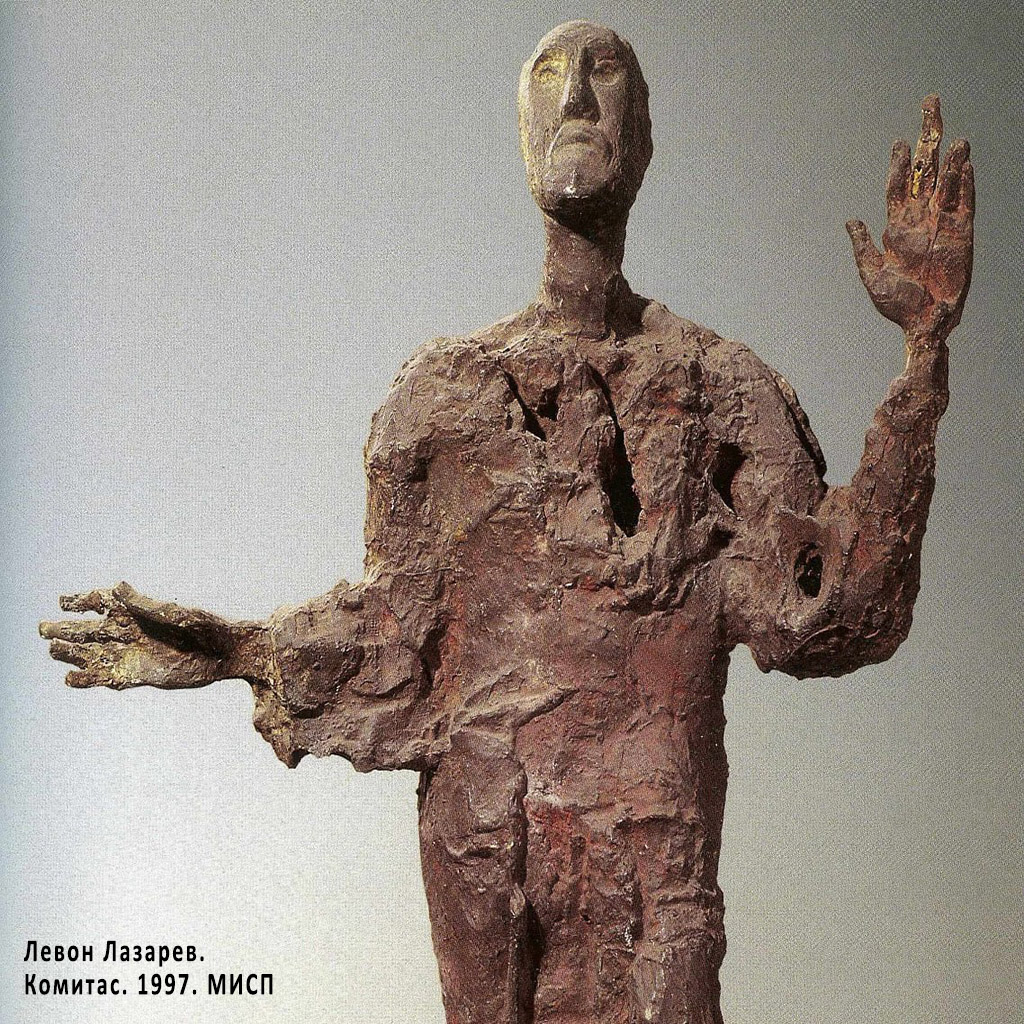Круглый стол «Понятие «геноцид» и массовое насилие в истории и сегодня: споры о словах или согласие о содержании?»
О мероприятии

В воскресенье 15 сентября в 18.00 по московскому времени состоится круглый стол “Понятие «геноцид» и массовое насилие в истории и сегодня: споры о словах или согласие о содержании?”.
Термин «геноцид», появившийся в 1944 году, использовался как правовой термин и как описательное определение. В 1948 г. он вошел в международное право, чтобы фиксировать определенный вид массовых преступлений. Вместе с тем массовое насилие в условиях войн, диктатур или политических кризисов вовсе не исчерпывается тем, что можно было бы назвать геноцидом. Сегодня очевидно, что слово «геноцид» стало для широкой публики синонимом «самого ужасного преступления», что ведет к размыванию понятия и недооценки других, например, «преступление против человечности». Как показывают последние события, массовое насилие не ушло в прошлое. Оно одновременно является предметом междисциплинарных исследований, политических дебатов и эмоциональной общественной рефлексии.
Задача дискуссии – обсудить границы и возможности использования понятий «геноцид», «преступления против человечности» и прочих для описания различных типов массового насилия сегодня и в прошлом.
English version: The word «genocide», coined in 1944, was used both as a legal term and a descriptive definition. In 1948, it was incorporated into international legislation to refer to a specific type of mass crime. However, mass violence in the context of wars, dictatorships, or political crises extends beyond what can be categorized as genocide. Today, «genocide» has become synonymous with «the most terrible crime» for the general public, leading to a dilution of the concept and an undervaluation of other terms, such as «crimes against humanity». Recent events show that mass violence remains a pressing issue, still prevalent in contemporary society. It is a topic of interdisciplinary research, political debate, and emotional public reflection.
This discussion aims to explore the boundaries and possibilities of using the concepts of «genocide», «crimes against humanity», and others to describe various types of mass violence in the past and present.
Вопросы к дискуссии / Discussion Questions:
- Как и на каком материале возможно сопоставительное изучение разных типов массового насилия?
- Можно ли избежать инфляции понятия «геноцид» или это неизбежно?
- Какие исторические примеры помогают или мешают говорить о геноцидах сегодня?
- Почему «изобретение собственных геноцидов» становится частью политики памяти ряда государств?
- Какова связь колониализма и геноцидальной политики?
- English version:
- How can scholars conduct comparative studies of different types of mass violence?
- Can we avoid the inflation of the term «genocide», or is this an inevitable path?
- Which historical examples help or hinder discussions of genocide today?
- Why do certain states come to the «invention of their proper genocides» as part of their politics of memory?
- How colonialism and genocidal policies are – or could be — connected?
Участники круглого стола / Participants and general topics:
- Константин Пахалюк / Konstantin Pakhalyuk (Affiliated research fellow, the Post-Soviet Conflicts Research Program in BESA Center (Bar-Ilan University, Israel) – The invention of the “genocide of Soviet \ Russian people”
- Виктор Вахштайн / Viktor Vakhshtayn (Co-founder of the International Institute of Socio-Legal Studies, Senior researcher, Tel-Aviv University, Israel) – Weaponizing the concept of genocide: from J.P. Sartre to postcolonial discourse
- Сурен Манукян / Suren Manukyan (Head of Department of Comparative Genocide Studies, Armenian Genocide Museum&Institute, Head of UNESCO Chair on Prevention of Genocide and Other Atrocity Crimes (Yerevan State University, Armenia) – The difficulties in implementation of Genocide convention
- Георгий Касьянов / Georgiy Kasianov (Professor, Head of the Laboratory of International Memory Studies, Maria Curie-Skłodowska University, Poland) — The Concept of Genocide in Ukraine’s Politics of History.
Модератор: Ольга Русинова (Академические мосты)
Зарегистрироваться на мероприятие можно по ссылке